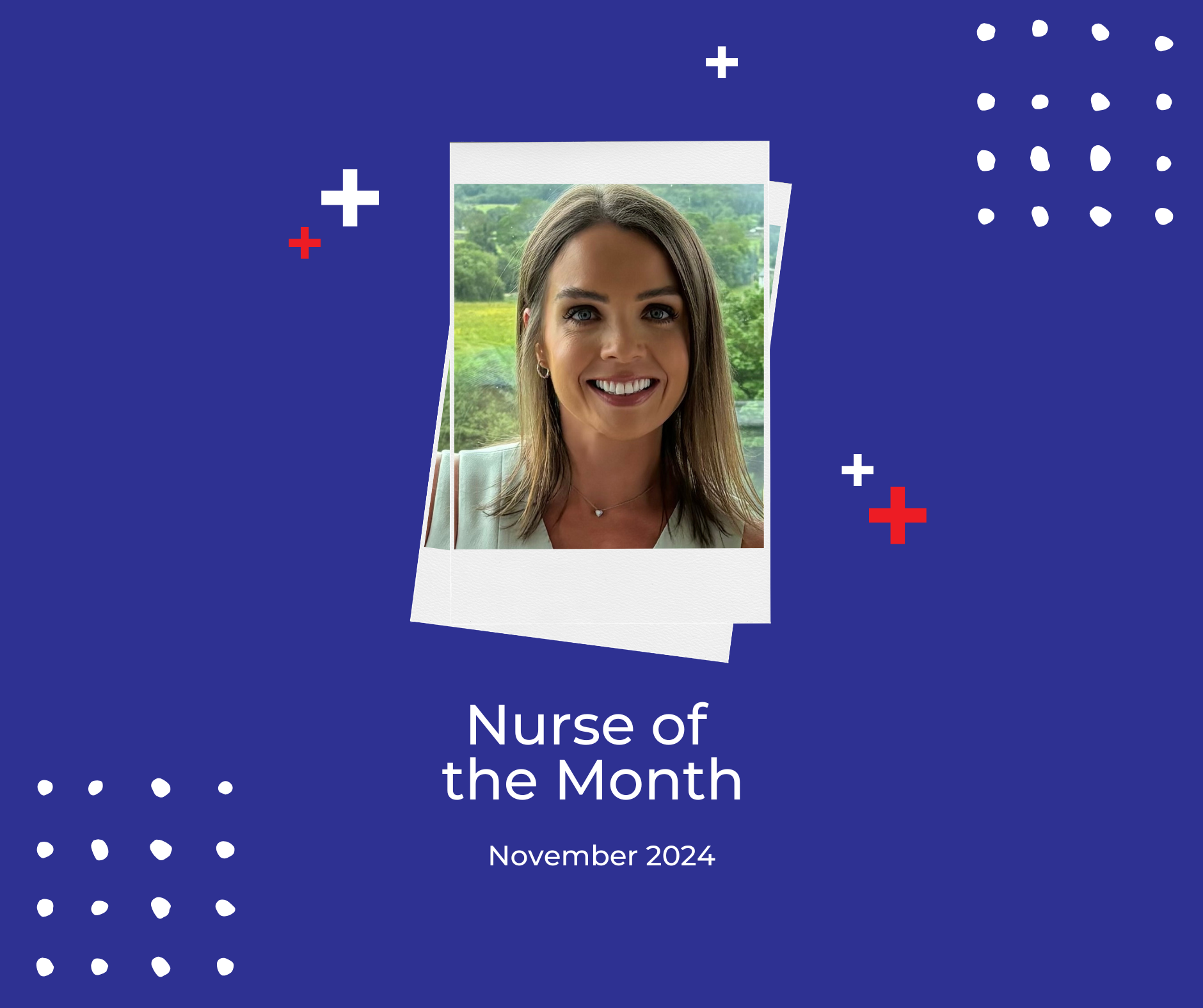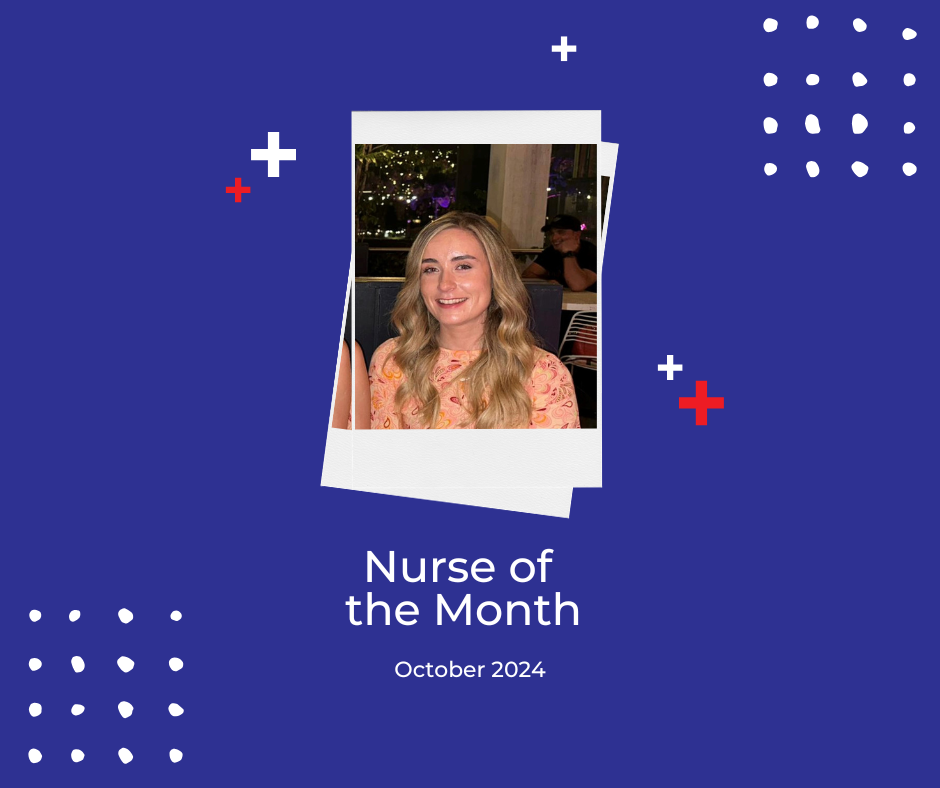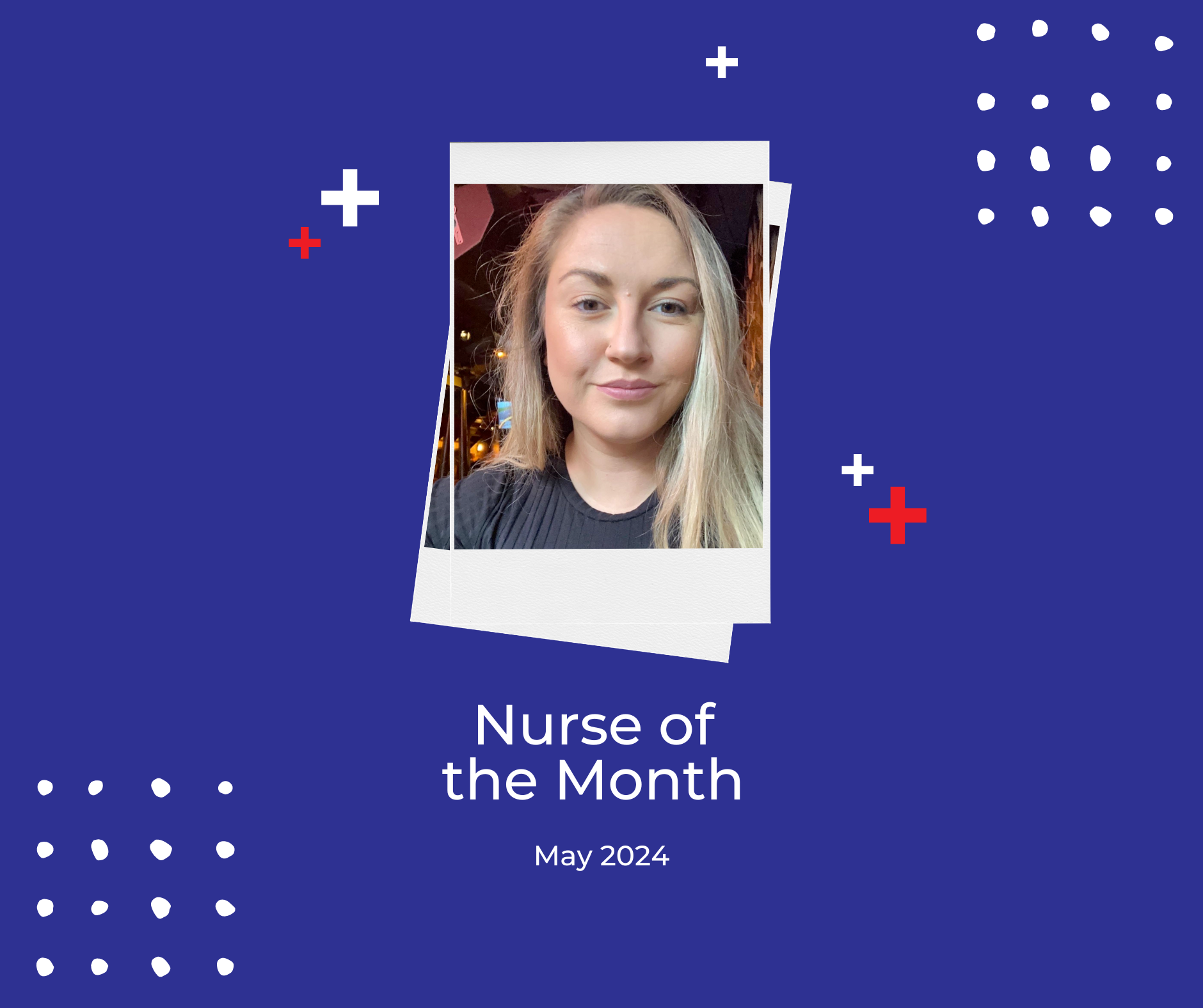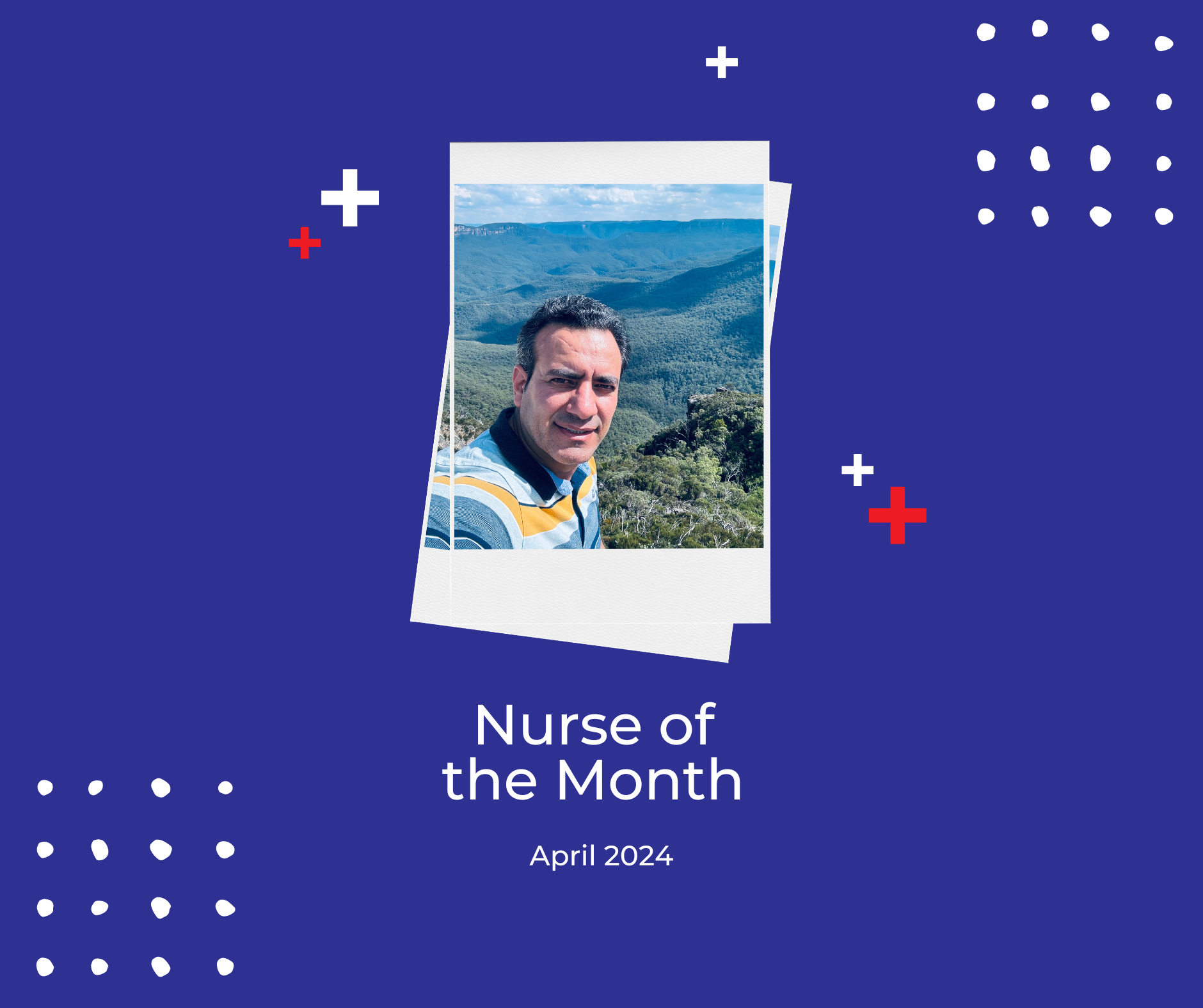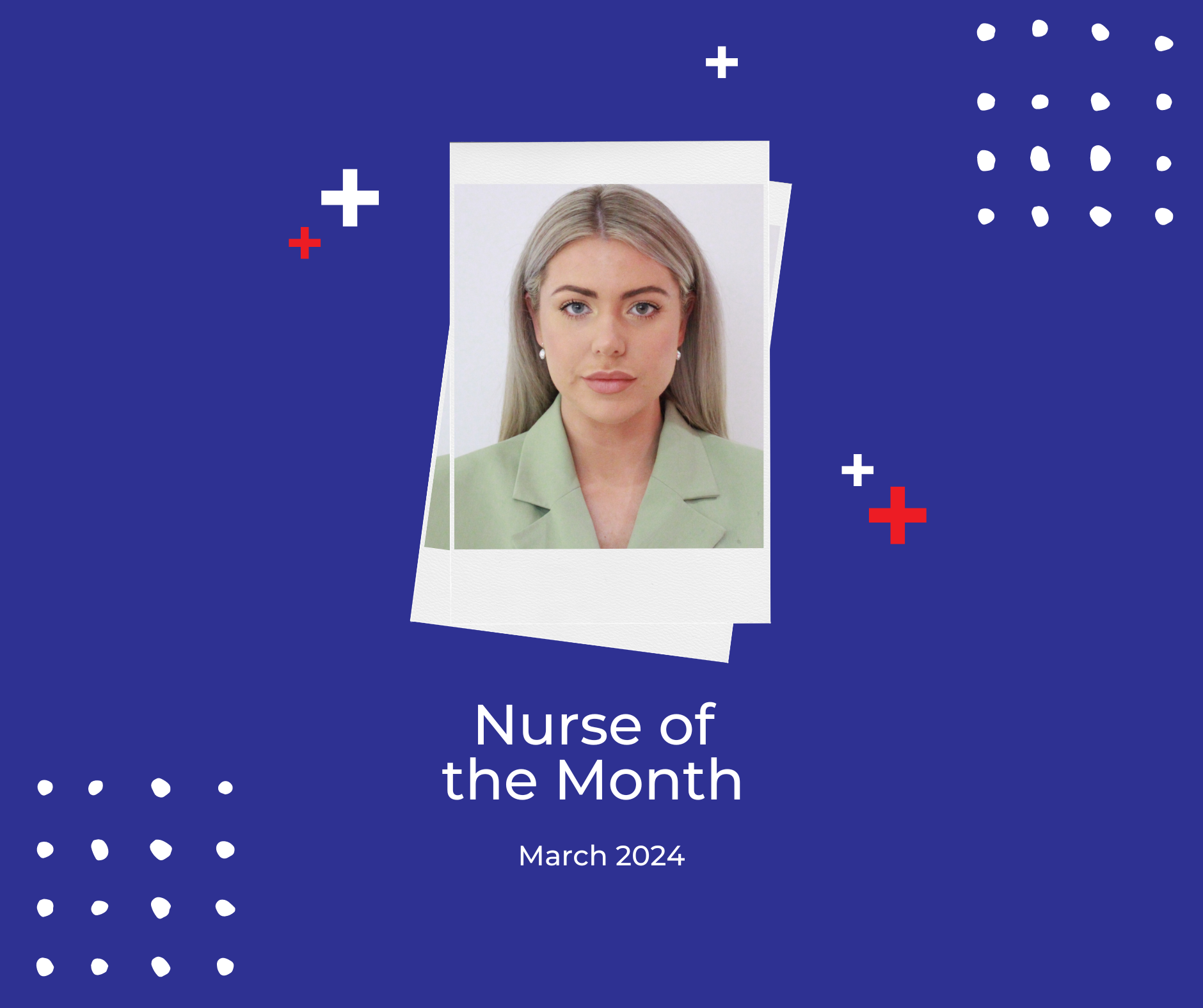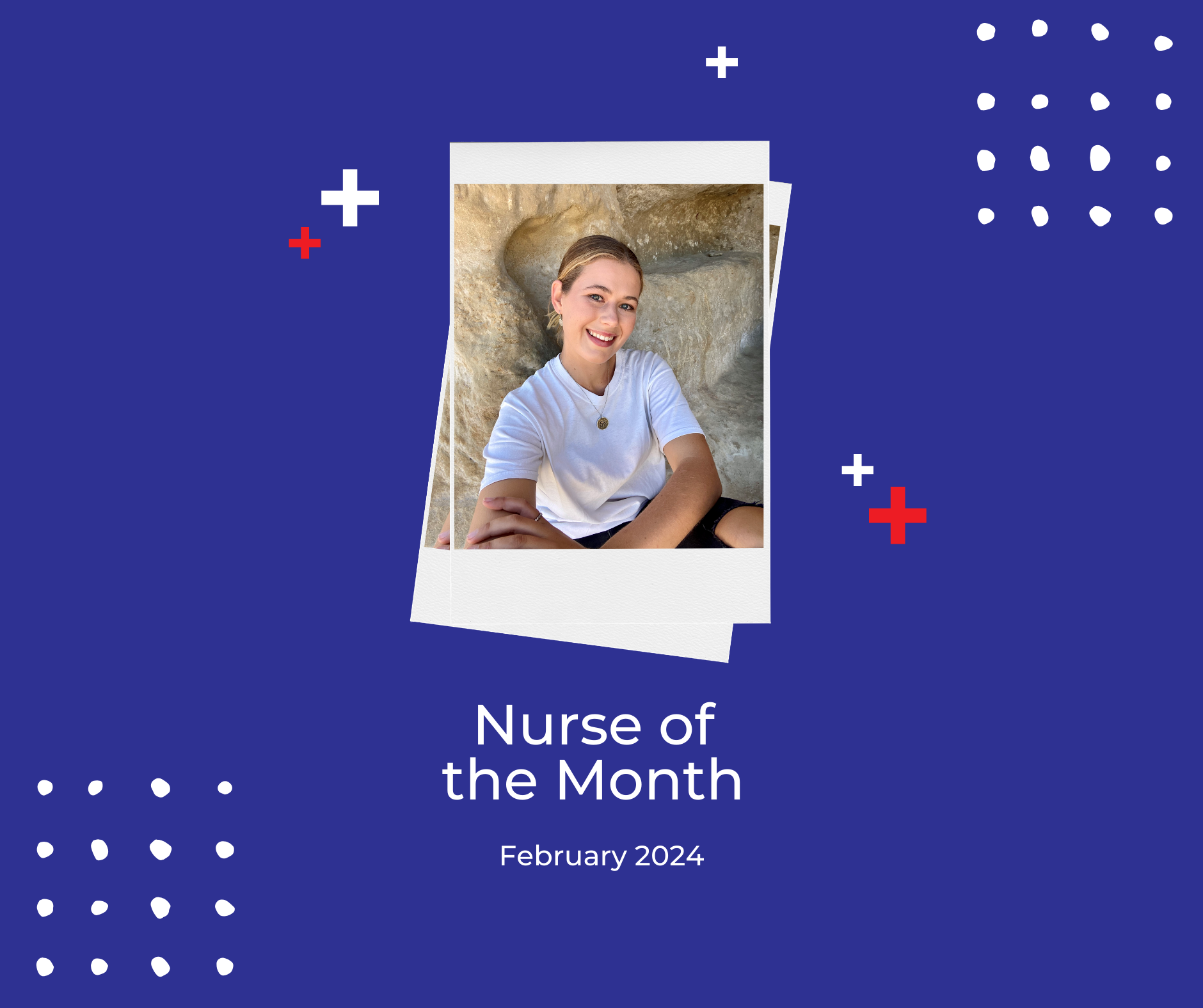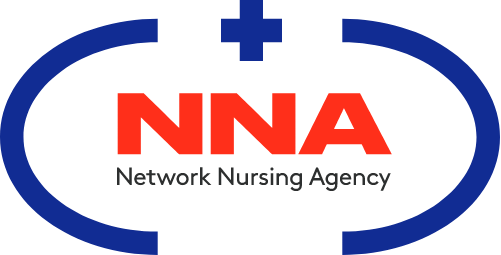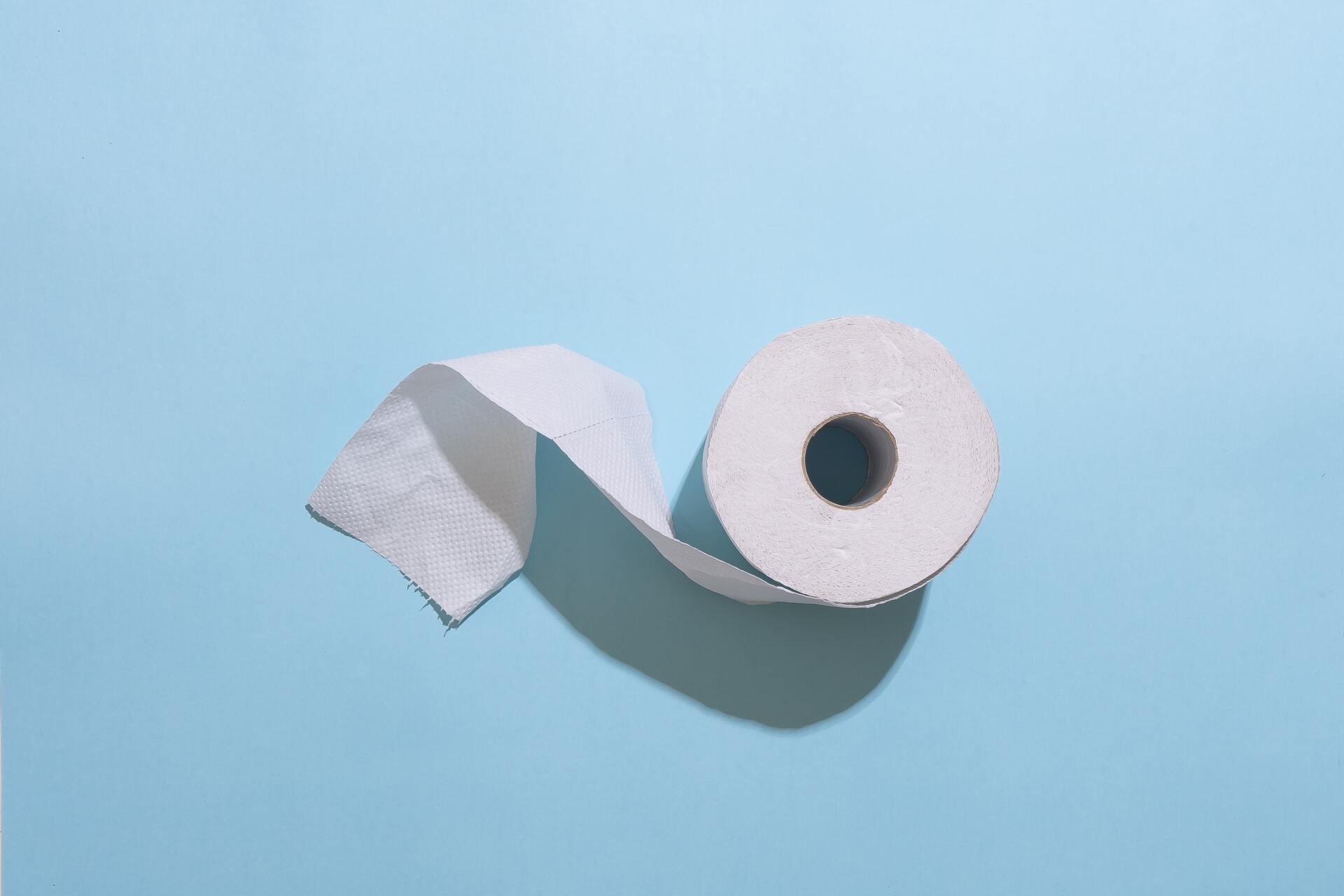World Continence Week: The common health condition no one wants to talk about
For a health condition affecting more than 5 million Australians, we rarely hear or speak about continence issues. As a result, many people who suffer from the issue don’t get the proper treatment and end up putting up with their symptoms, which can lead to a lack of self-confidence and reduced quality of life.
But incontinence doesn’t have to be the elephant in the room.
World Continence Week is a global initiative running from June 15th to June 22nd aiming to raise awareness of incontinence related issues.
We chatted to NNA Nurse, Ellen Banks, to break down the mystery and embarrassment surrounding continence issues and got her advice for anyone struggling with the condition.
What is incontinence?
It is a term that describes any accidental or involuntary loss from the bladder (urinary incontinence) or bowel motion (faecal or bowel incontinence).
How common are incontinence issues?
Incontinence issues are very common, so if you suffer from the problem you are not alone. In fact, according to the Continence Foundation of Australia, over 5 million Australians have bladder or bowel problems.
Urinary incontinence issues affect around 13% of Australian men and around 37% of women. Yet it is estimated around 70% of people with the condition don’t seek help. While bowel incontinence affects up to 20% in men and 12.9% of women.
Women are more likely to suffer from incontinence if they have had children or been through menopause. It is also one of the top reasons older Australians get admitted to residential aged care.
But the good news is, incontinence can be treated and managed.
What are some tips for managing incontinence?
My first piece of advice would be to get professional help. Visit your G.P for advice and to organise an assessment or source an NDIS provider to complete a continence assessment. It is important to understand the cause of incontinence to treat and/or manage correctly.
Staying healthy and being mindful of your diet is also really important. Eating high fibre foods, drinking plenty of water and establishing a health routine all help to promote bladder and bowel health.
In terms of products, there are so many out there to assist with incontinence depending on the cause/diagnosis. They are discrete and easily manageable, many of which increase independence and help people get back to enjoying their day to day activities.
State and Federal funding may also be available if you are eligible. The Australian Government’s Continence Aids Payment Scheme (CAPS) provides an annual subsidy of over $545.80 for people suffering from persistent incontinence to help them to pay for continence aid products. This fact sheet outlines each funding scheme and where to go for further information.
Do you have any advice for anyone struggling with continence issues?
Speak to doctor or a continence nurse, they will be able to advise on the best course of treatment and management for your individual needs.
Caring for someone with continence problems can be challenging and sometimes lonely and overwhelming. If you need help providing support to someone you care for or a family member, the National Continence Helpline has continence nurse advisors who provide information, education and advice to callers. You can call them for free on 1800 33 00 66.
If you prefer to get help at home, NNA Direct Support Service has nurses who have specialised training in managing incontinence. They can come to you to do a continence assessment and advise on treatment and management.
If you’d like to find out more about our in-home nursing services you can book a free consultation by calling 1300 346 052 or by getting in touch on our website.
